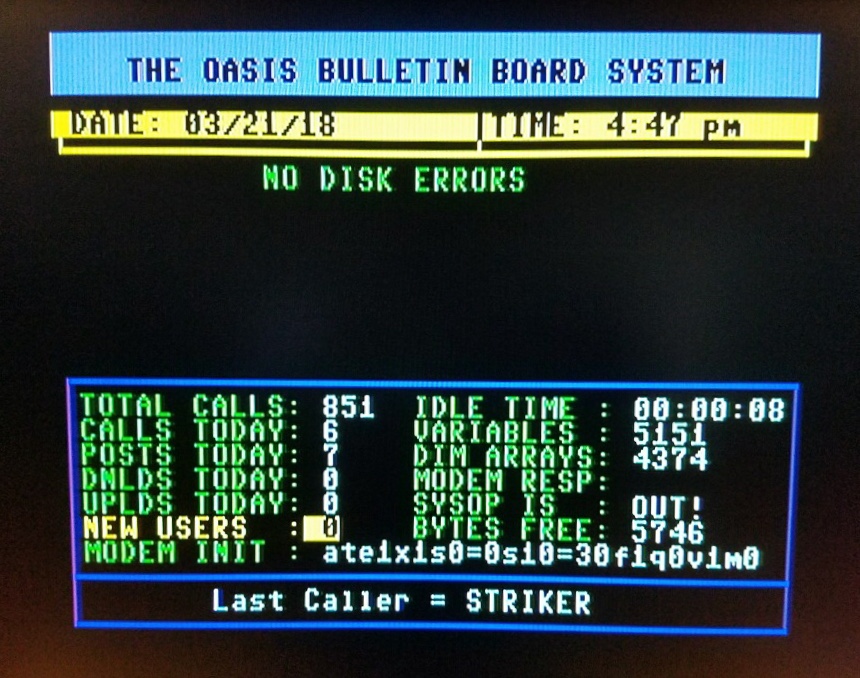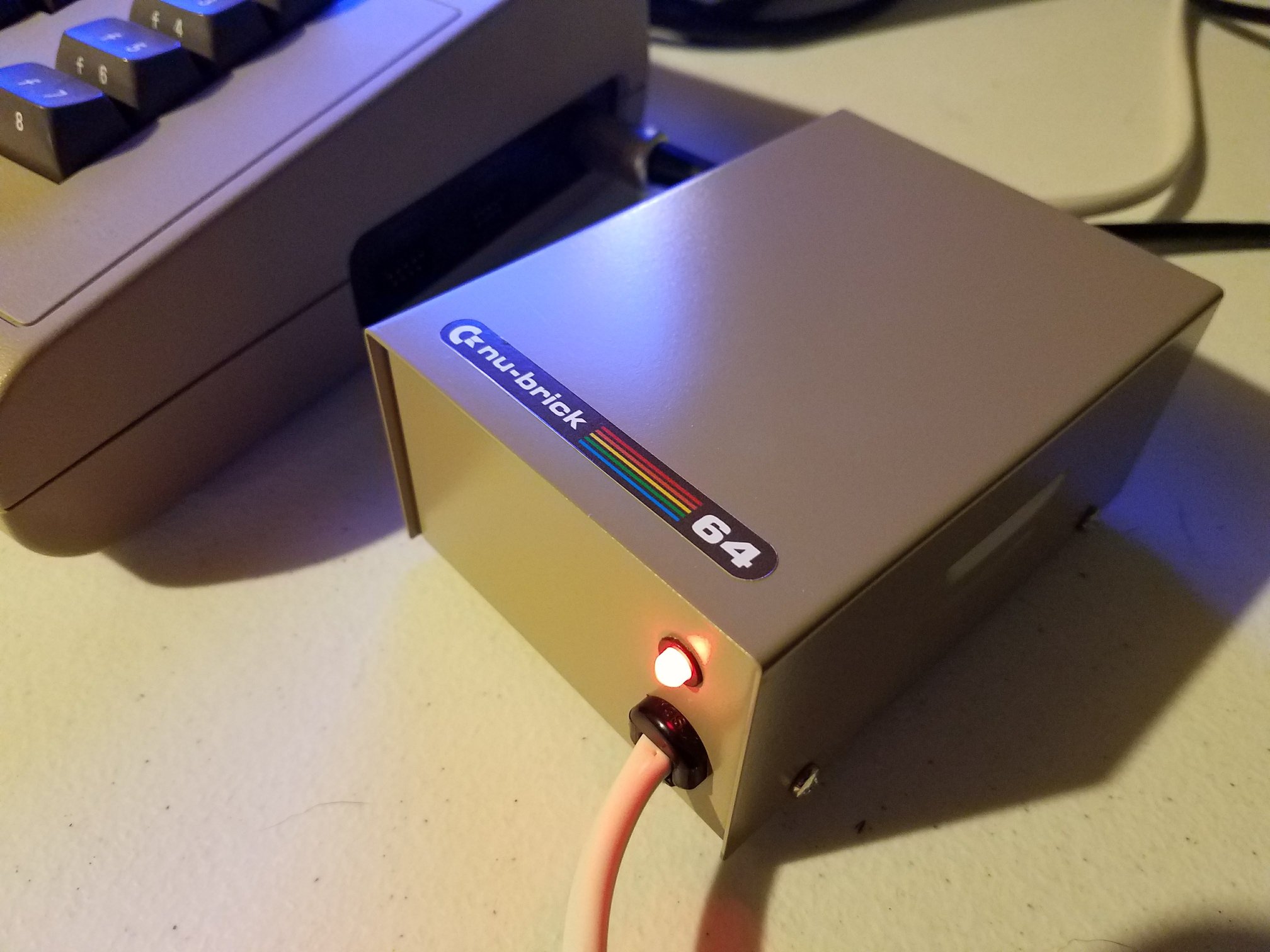Martin Piper showcases his latest Raspberry Pi cartridge programmer, a tool that erases, writes, and reads Commodore 64 flash cartridges with impressive speed. In the video, he demonstrates programming a 2 megabyte cartridge, running it on a C64, and reading it back with the tool.
The Raspberry Pi cartridge programmer attaches directly to the Pi with a custom hat. It erases and writes 2 megabytes in about 60 seconds. Reading the same amount takes just 21 seconds. The board supports nearly any C64 cartridge, since it emulates all cartridge port signals. As a result, it works with Piper’s cartridge design and many other formats.
Features and Demonstration
To handle higher currents and frequencies, the board uses MOSFETs instead of standard ICs. Status LEDs give quick feedback, and a physical button starts the erase and write cycles. Once the binary file is placed on the Raspberry Pi, the process runs independently without needing another computer.
During the demonstration, Piper programs a cartridge, removes it, and then tests it on his Commodore 64. The cartridge holds 256 banks of 8K memory, controlled by two registers. Looking ahead, larger cartridges of 4 to 32 megabytes are planned.
Cost and Availability
For hobbyists, cost is a strong advantage. A 2 megabyte cartridge comes to about 10 or 11 US dollars when ordered in batches from PCBWay. The programmer board itself costs about 50 US dollars when purchased in groups of five.
Everything is open source, including the software and design files. Piper provides links in the video description for source code and PCB orders. With its speed, versatility, and fair pricing, the Raspberry Pi cartridge programmer is an appealing option for anyone working with C64 hardware.







